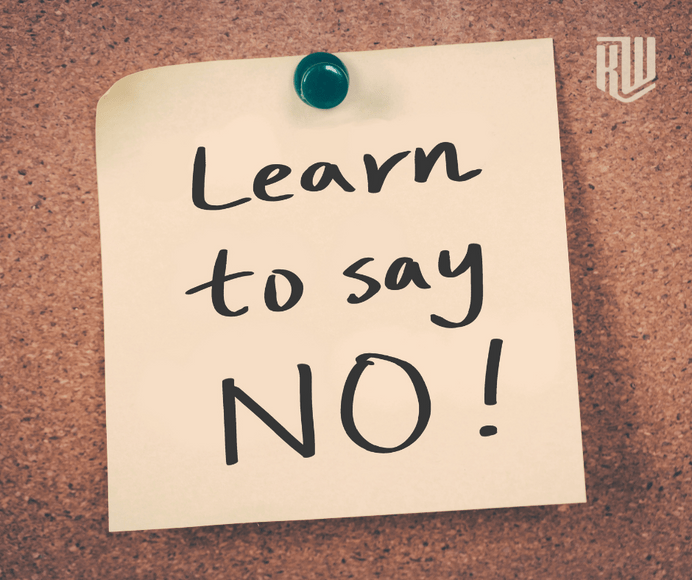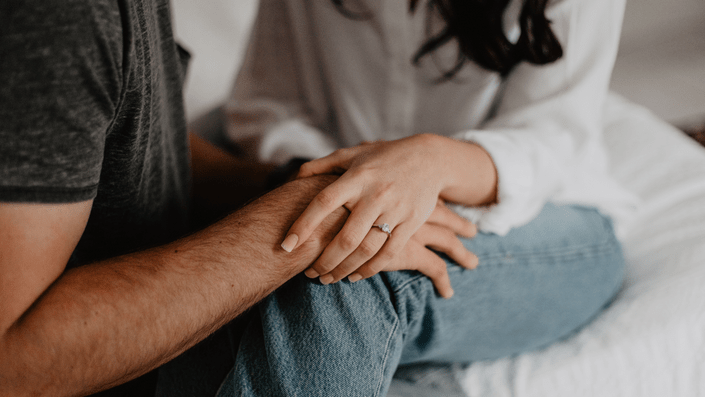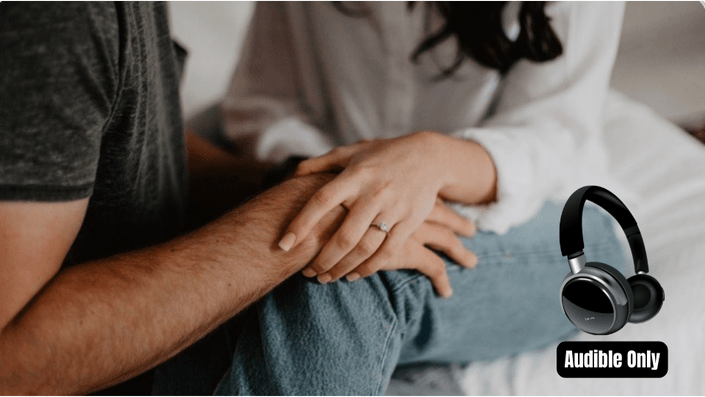Today we’re breaking down the 5 step process so you can start saying no without feeling guilty – this is going to include two magic phrases that work every time. I am also going to talk about why we feel guilty for saying no.
First, let’s start with the 5 step process.
- Make a list of all the people, places, and things you have a hard time saying no to. Then, rank them from easiest to hardest. For most of us, the toughest will be mom, dad, or family members! But we will not take them on from day one – we will worry about them later. So instead, I encourage you to start with an easier one.
- In step two, we want to lay out our morals, values, needs, wants, negotiables and non-negotiables. This step is critical. We want to do this for every area of our life: relationships, friends, as a parent, hobbies, career, all of it. Unfortunately, most people skip this step, which causes them to say yes to things that go against themselves. Sadly, if we haven’t done this step, we get stuck on whether to say yes or no to something.
- Now, when the request comes in, start with magic phrase number 1:
“let me think about that, and I’ll get back to you.”
The magic phrase allows us to create space, so we don’t get overrun by that guilt. It also gives us the freedom to ask ourselves if it fits our morals and values. It buys us time! Do this for every request you get the next week, even if you know it’s something you could immediately agree with. We want to practice using the magic phrase.
4. In step four, we want to ask ourselves four questions:
Will I keep score? Am I tallying up what I’m doing for this person? If yes, I need to say no.
Will I bring this up in the future? If yes, I need to say no.
Will I harbor resentment if I do this for them? If yes, I need to say no.
Imagine how a relationship ends: we end up listing everything we did for the other person and what we didn’t get in return. The other person isn’t to blame here – we went against ourselves because we never laid these steps out. We’re saying yes to things we don’t want to – and we are responsible for that. The movies and media teach us that if we love someone, we do everything for them, that we must say yes to everything. But that is not loving. If we have resentment and bring these up in the future, we weren’t saying yes from a loving place. We were after manipulation because we wanted something in return. Not because we are bad people, but because we have been taught this lie.
The fourth question in step four that we need to ask ourselves is:
Do I have the reserves? Just because we have been asked to do something we love doesn’t mean we have the energy for it at all times.
Now that we have asked the four questions and decided to say no, we hit the final roadblock: most people hate saying “no.” And most people hate hearing it. Why? It feels like an attack.
Growing up, we heard it so much from our parents, and they said no in such a way that it felt as though something was wrong with us. That’s why people tend to have a severe reaction to the word.
5. It is now time for magic phrase number 2:
“I thought about it, and this just doesn’t work for me.”
The magic in this phrase comes alive because it is all about ourselves, so they don’t feel attacked. And they can’t argue with you. It’s over. There’s no talking you into it. So we never have to justify our no.
Plus – you’re an adult. There’s no reason for you to justify your choices anymore, like when you were a child. Ultimately, if someone truly loves you, they won’t try to challenge you. People that question you don’t have your heart in mind. I’m not saying they don’t love and care about you – just that if they question you, their love and care are dysfunctional. They aren’t supportive and are more concerned with their need being met – that’s the hallmark of codependence.
Some of you may use these steps and still feel guilty. So how do you stop it? Let’s talk about it.
There are two main reasons why we feel guilty. First, instead of guilt, you may be feeling shame. Some people were sent the message they didn’t have value unless they were doing things for others. They were either told directly or indirectly that they have no worth. This left them with a deep shame core.
The second is co-dependency. If we’re doing this out of a sense of guilt and obligation, we’re doing it to meet someone else’s needs. And their request is to meet their own needs – it’s not about you. We are raised with a standard that it’s our job to take care of others before ourselves. We can’t do that. We can only truly love someone by loving ourselves first – we can’t give away what we don’t have.
How do we heal this? I’ve done two videos that can help: How to Heal From Your Past (this will help you work through your shame core) and
(this will help with codependence). They’ll give you the knowledge to develop into a skill that becomes a tool to conquer both shame and codependence,
If you are looking to gain the knowledge, skills, and tools to
you might want to check out my new masterclasses?
If you prefer AUDIBLE, this is perfect for you.





 The Greatness University
The Greatness University 
